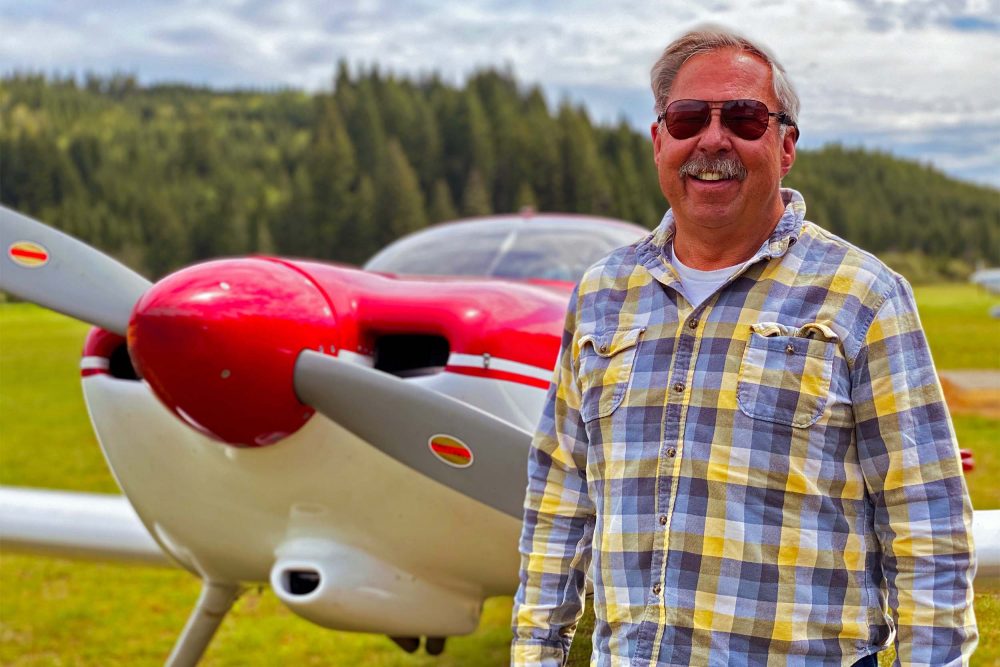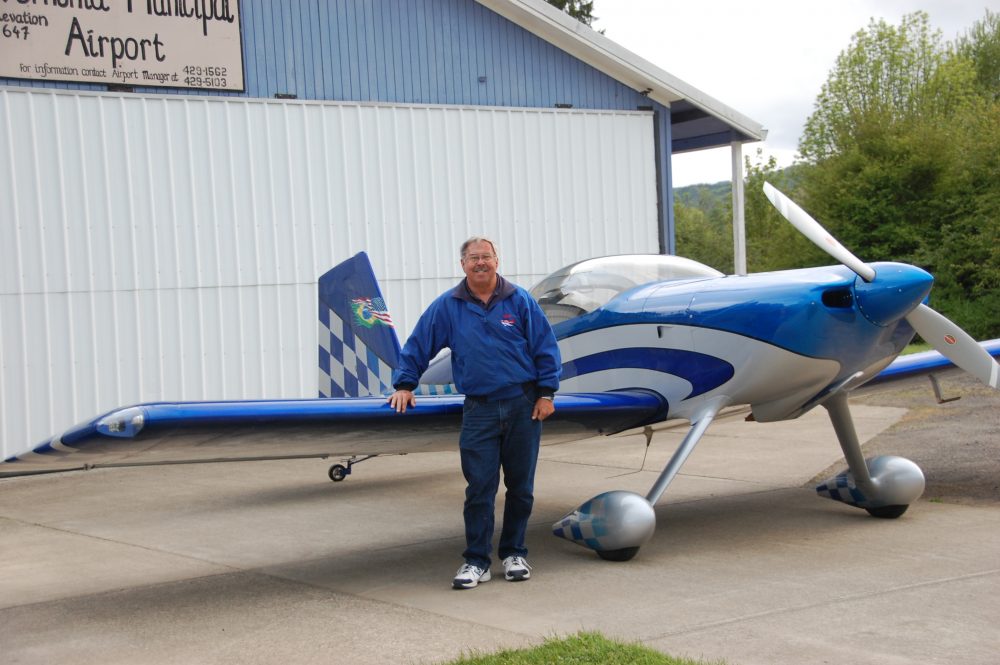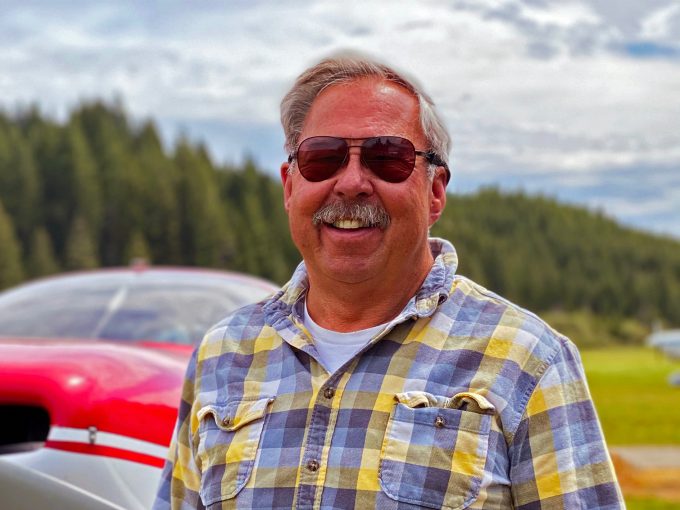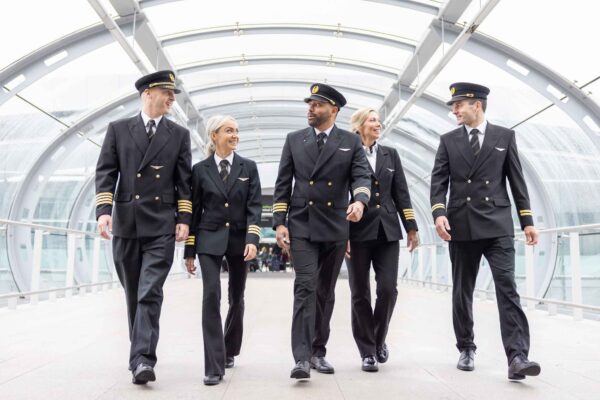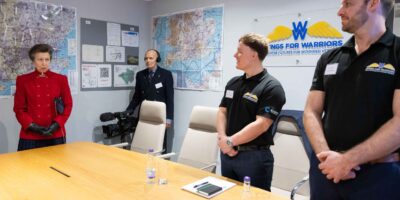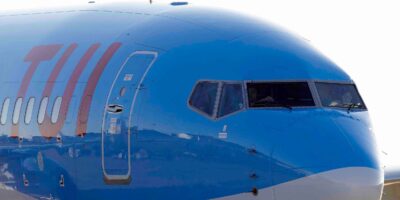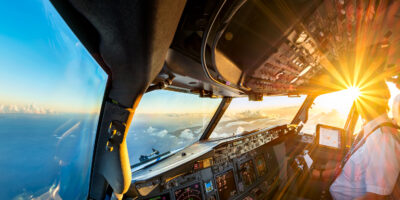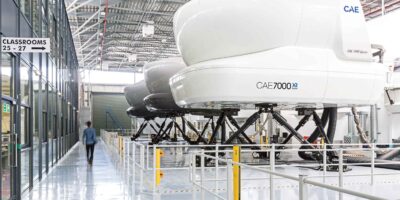How did you get into flying?
Waiting at the bus shed for the school bus, I’d watch aircraft fly over, thinking that’d be a great way to make a living. I became an aircraft mechanic in the USAF and joined their aeroclub when I was stationed in Korea, where I also obtained my PPL. I soon realised flying aircraft was a lot more fun than working on them.
Tell us about your job?
I’m an RV flight trainer, providing transition training for all Van’s aircraft from my base in Vernonia, Oregon. The RV-7 and RV-9A are kept here in the hangar and if someone needs an RV-10, 12, 14 or 14A, I’ll pick up that model from the factory. I teach people from all over the world and with all different backgrounds.
“I get to meet new enthusiastic people every week”
The programme is tailored to the individual student. Obviously a private pilot with only 100 hours and no tailwheel time needs longer than an Air Force captain with a tailwheel endorsement and 25,000 hours experience in various aircraft.
The most common thing a pilot needs to work on when transitioning is getting used to the controls, which are very light to the touch. An RV responds instantly, you hardly have to move the stick – just think and it happens. That’s why I spend most of my time teaching pilots not to over-control the aircraft. Another major thing is teaching them how to land it safely – these are small aircraft with a big engine.
Many pilots have plenty of flying time in their Cessna 150 or 172, but no experience in such a little hot-rod. These aircraft are unique enough that you need transition training – it’s definitely a safety thing. You can’t just build one, get in and fly it.
The biggest obstacle is when people spend five years building their RV and forget to fly in that time. This means they have to get themselves current first before they can start transition training. But when they then finally get to fly the aircraft they’ve spent all those hours building, they’re incredibly excited.
For me, this is the perfect job. I get to meet new enthusiastic people every week, fly high-performance aircraft and set my own schedule. I’m 68, but I’ll probably continue doing this until I’m 75 – it’s so much fun!
What training did you have?
There’s no actual course for becoming a transition trainer. I was already a flight instructor when in 1982 I helped my friend Kefton Black build his RV-4. I test-flew that aircraft, taught Kefton to fly it safely and borrowed it all the time.
In 1987 I got my RV-6 kit and after working on it for three years, I first flew it on 10 April 1990. It all evolved from there: I became Van’s best ambassador, visiting fly-ins, giving rides and showing off my aeroplane. Building on my own RV background as well as my experience as a flight instructor, I eventually developed the transition training programme.
What’s been your favourite flight?
That’s a hard one as there’s been so much fun flying in my career. Once when flying in Florida we watched a Space Shuttle take-off, which was special, and in my early years I’ve flown up to Canada for fishing, which was also great. I especially have fond memories of all kinds of fly-ins, Sun ’n Fun and Oshkosh.
And your favourite airfield?
Vernonia, my home airfield. It’s a quiet little public airfield, with a 3,000ft grass strip and six aircraft, and it’s well-known in the RV-community. I’ve flown out of it for 40 years now.
Do you get to fly much outside of work?
Rarely, it’s almost all work nowadays. I fly about 700 hours a year, so when I have time off, flying just doesn’t seem like the right thing to do.
What is your most valuable career advice?
Just go for it. If you’re interested in a career in aviation, the world is wide open. Well, not right now, but when COVID-19 has passed, airlines will be begging for pilots. So go get those ratings!


